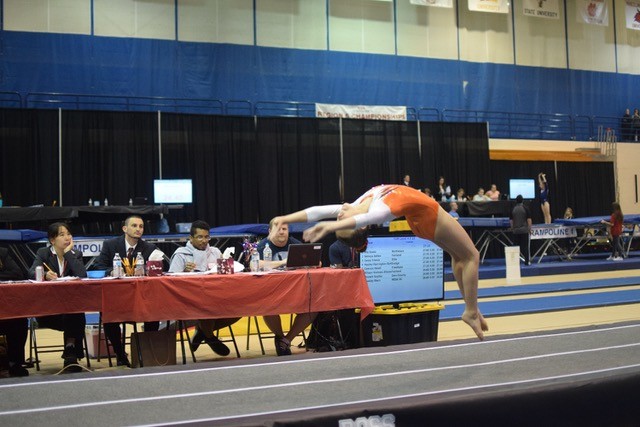Mental blocks are a common challenge for athletes at all levels, from amateurs to professionals. These psychological barriers can manifest as fear, self-doubt, anxiety, or lack of focus, often hindering an athlete’s performance and potential. Overcoming these mental blocks is essential for athletes striving to achieve greatness. In this article, we explore the strategies athletes use to break through mental barriers and unlock their full potential.
1. Understanding Mental Blocks in Sports
Mental blocks can take various forms, such as performance anxiety, fear of failure, or negative self-talk. These blocks prevent athletes from performing at their best, even when they are physically prepared. Understanding the root cause of these mental barriers is the first step toward overcoming them. Often, mental blocks arise from past failures, pressure to succeed, or a lack of self-confidence.
2. Visualization Techniques
Visualization is a powerful mental tool that many elite athletes use to overcome mental blocks. By mentally rehearsing their performance and visualizing success, athletes can reduce anxiety and build confidence. Visualization helps create a sense of familiarity with the challenges they will face, making it easier to navigate high-pressure situations. The more vividly an athlete can imagine success, the more likely they are to experience it in reality.
3. Mindfulness and Meditation
Mindfulness practices, such as meditation, have been proven to reduce stress, enhance focus, and help athletes stay present in the moment. Mental blocks often occur when athletes become overwhelmed by future outcomes or past mistakes. Meditation and mindfulness techniques help athletes center themselves, focus on their breathing, and regain control over their thoughts. These practices help clear the mental clutter, making it easier to stay calm and perform under pressure.
4. Positive Self-Talk
The way athletes talk to themselves can significantly impact their performance. Negative self-talk can reinforce mental blocks, while positive self-talk can break them down. Athletes who use affirmations and constructive inner dialogue can boost their self-confidence and eliminate doubts. By shifting their mindset from a place of fear to one of empowerment, athletes can overcome mental obstacles and achieve their goals.
5. Setting Realistic and Achievable Goals
One of the most effective ways to overcome mental blocks is by setting clear and achievable goals. When athletes set specific, measurable, and realistic targets, they create a roadmap for success. Small victories along the way help athletes build confidence and momentum, making it easier to push past any mental barriers. Goal setting gives athletes a sense of purpose and direction, preventing them from becoming overwhelmed by the larger challenges ahead.
6. Seeking Support and Guidance

Athletes don’t have to face mental blocks alone. Coaches, sports psychologists, and fellow athletes can provide valuable support and perspective. Having an open dialogue about struggles and fears helps athletes gain insight and develop strategies to overcome their mental barriers. Sometimes, just knowing that others have faced similar challenges can provide a sense of relief and motivation.
7. Developing Resilience Through Adversity
Overcoming mental blocks is not always an instant process. It requires time, patience, and resilience. Champions develop mental toughness by learning from setbacks and using adversity as fuel for growth. Athletes who bounce back from failure and view challenges as opportunities to learn are more likely to succeed in the long run. Building resilience is key to breaking through mental blocks and achieving greatness.
Conclusion
Mental blocks are an inevitable part of an athlete’s journey, but they do not have to define their success. By employing techniques such as visualization, mindfulness, positive self-talk, and setting achievable goals, athletes can break through these barriers and perform at their peak. With the right mindset, support, and resilience, overcoming mental blocks becomes a crucial step toward achieving greatness in sports

